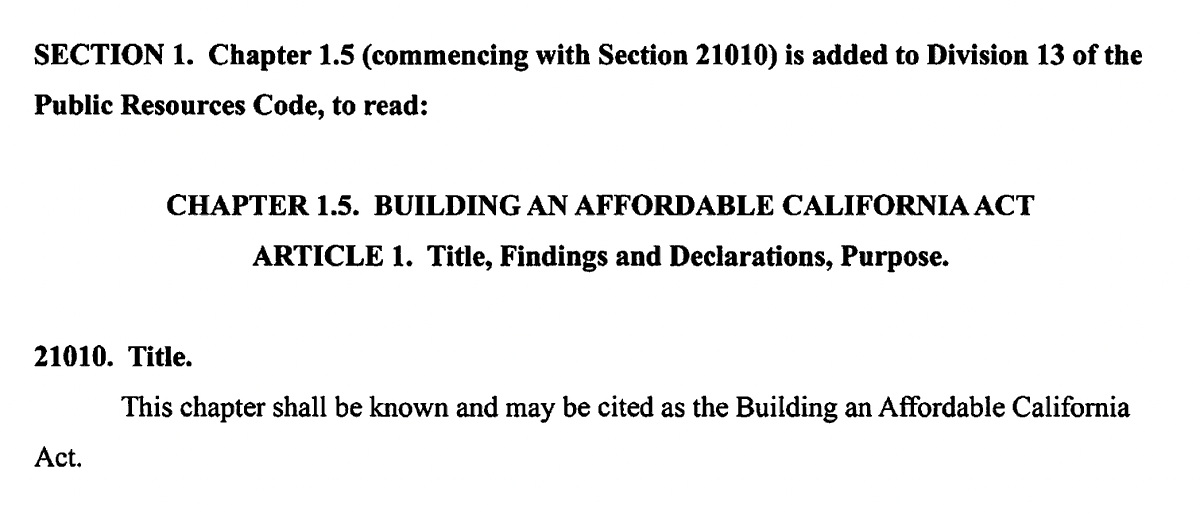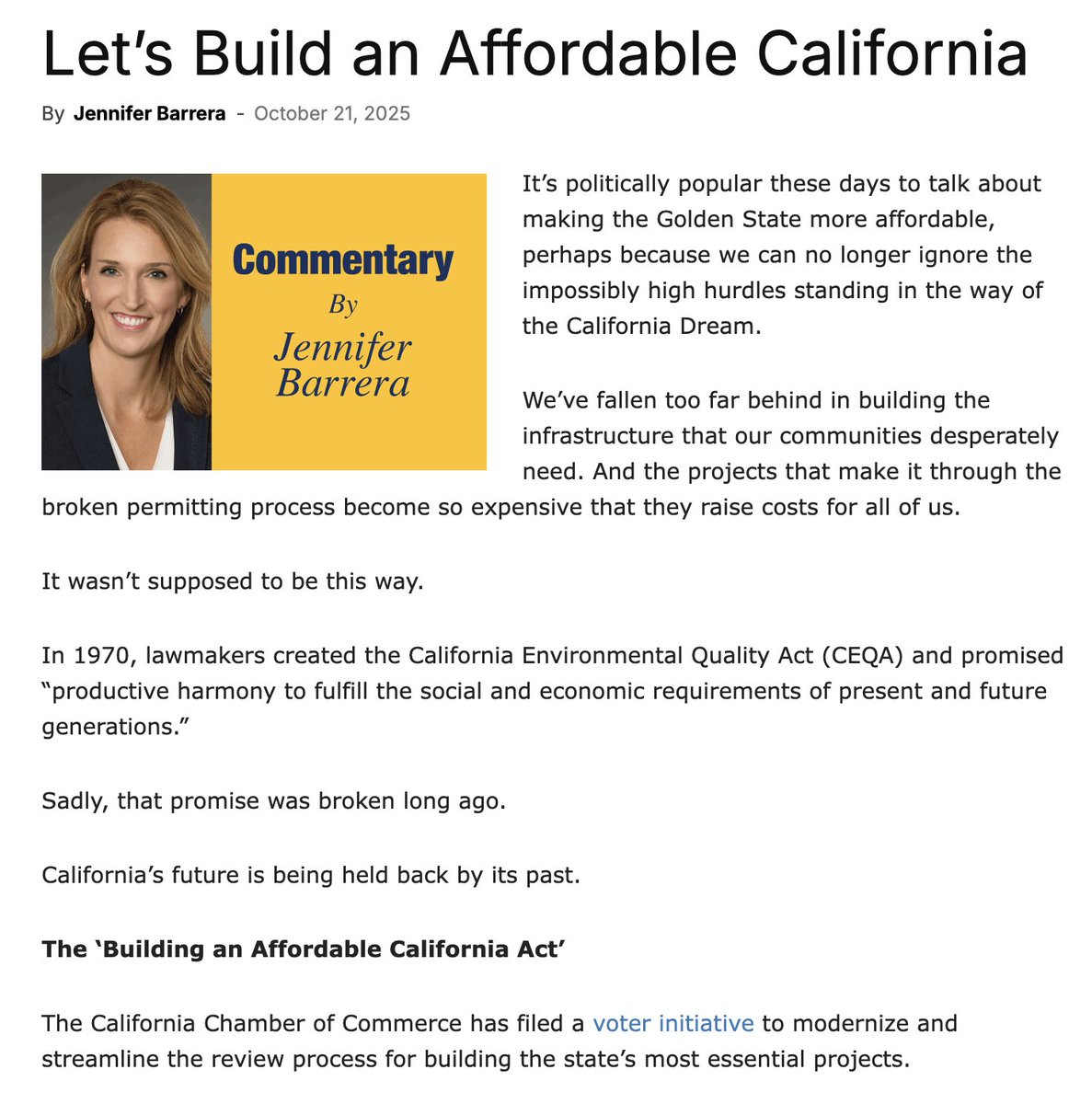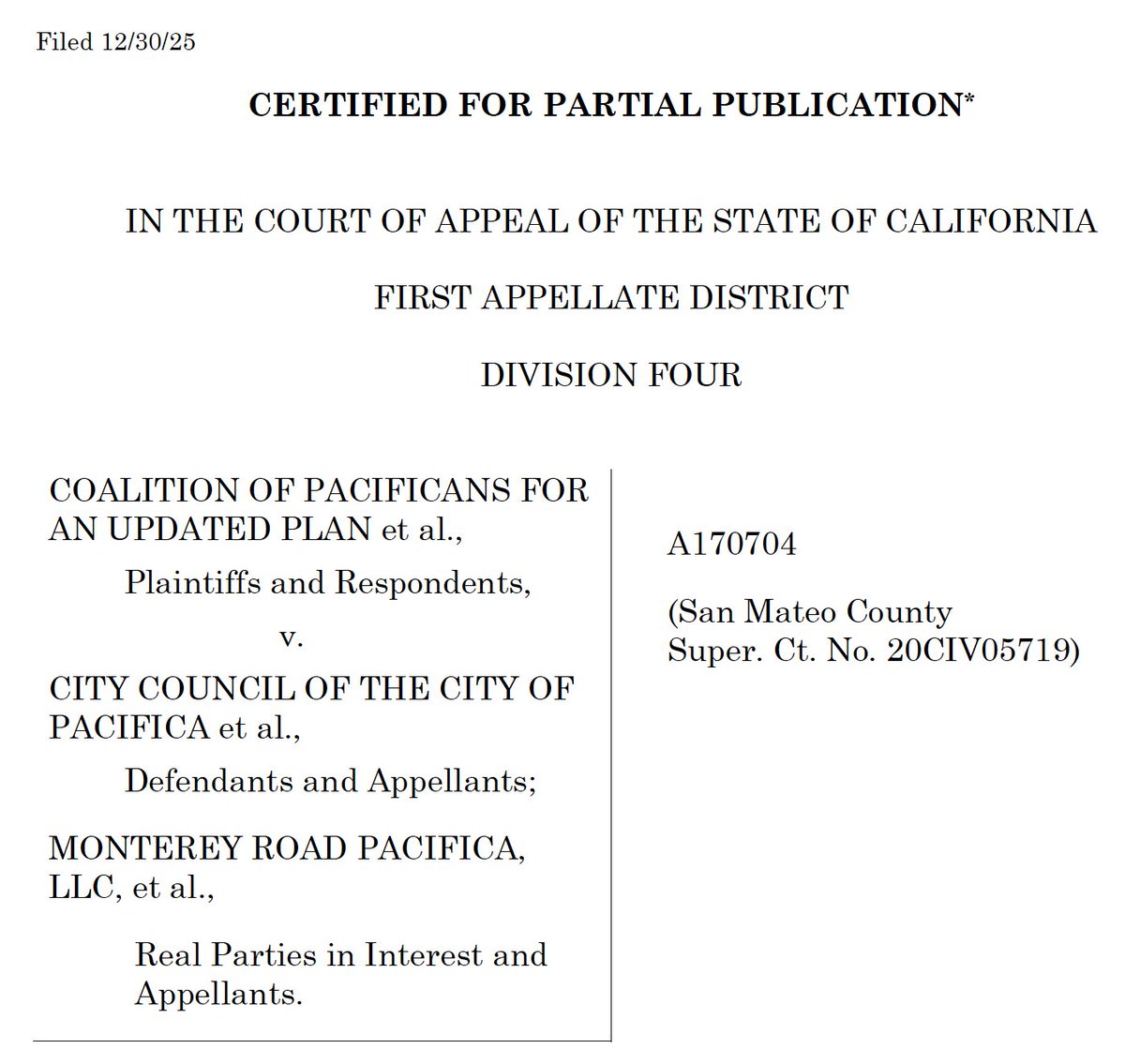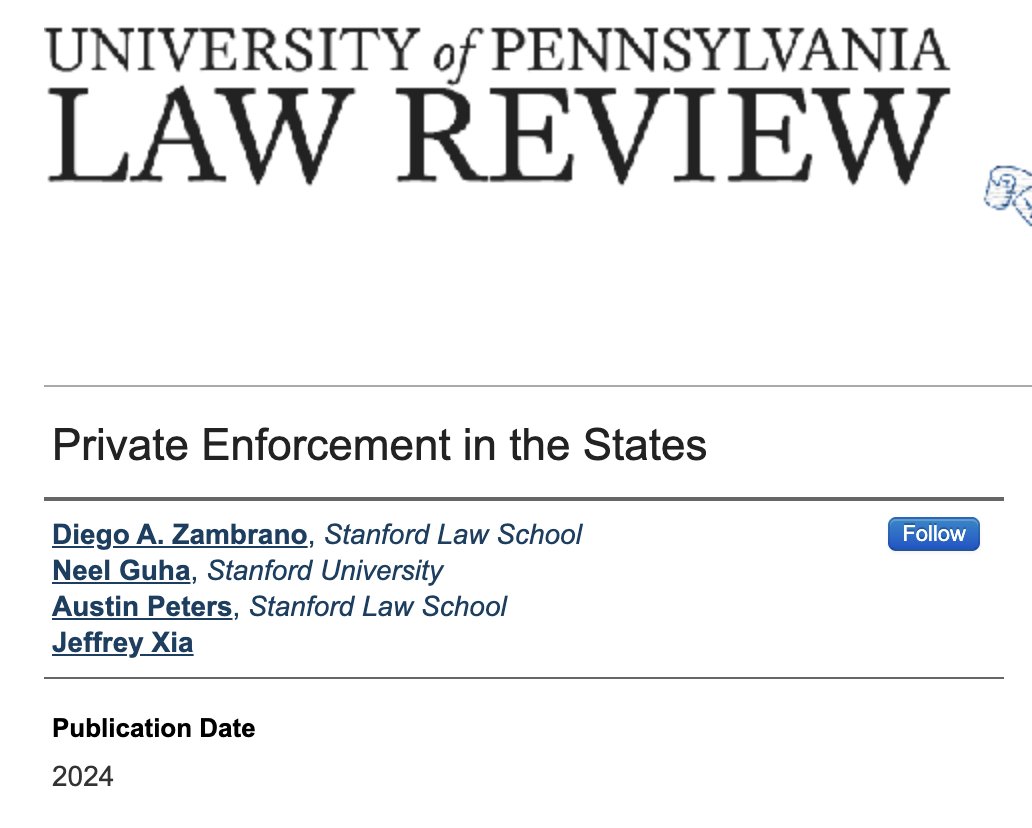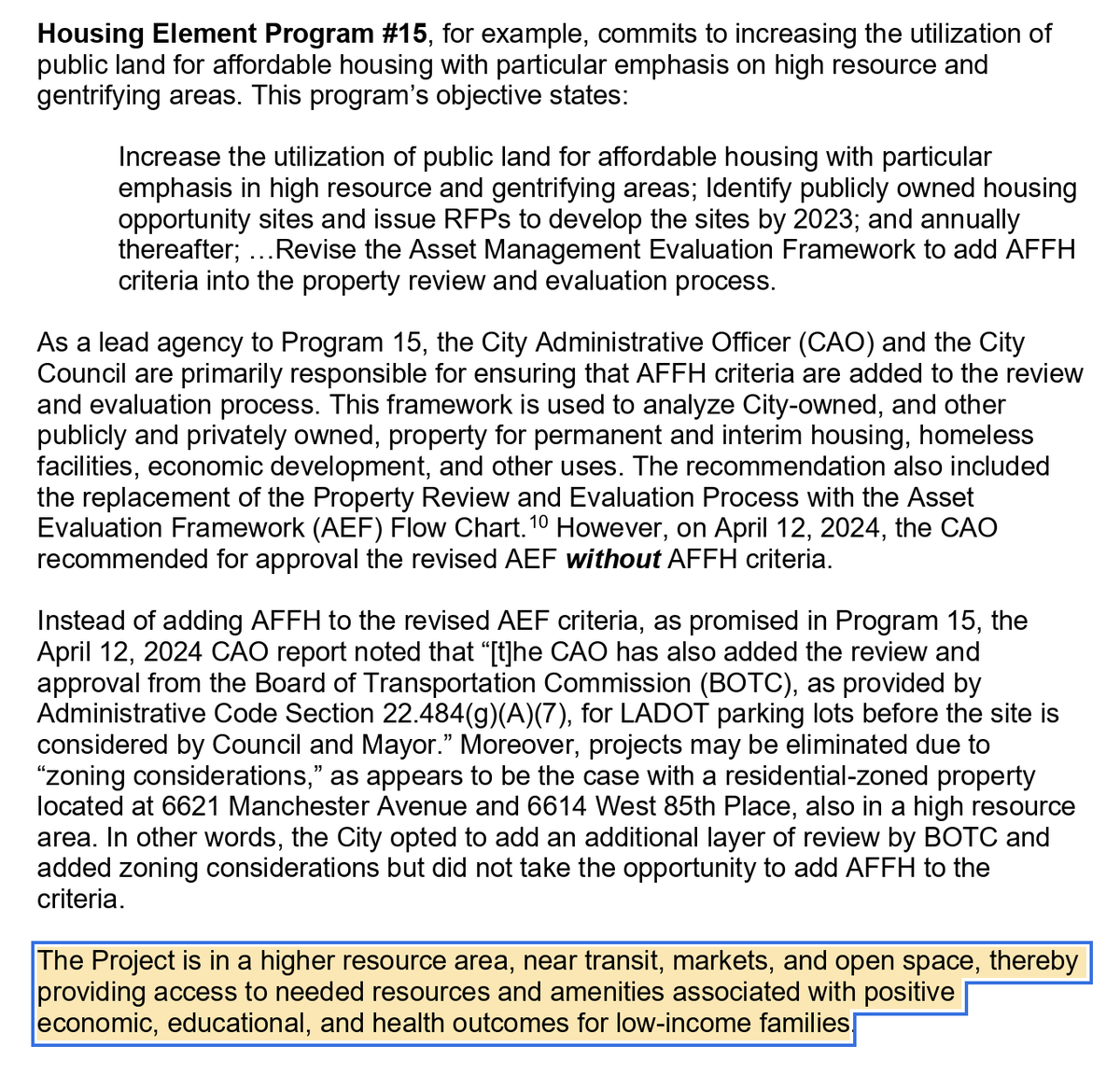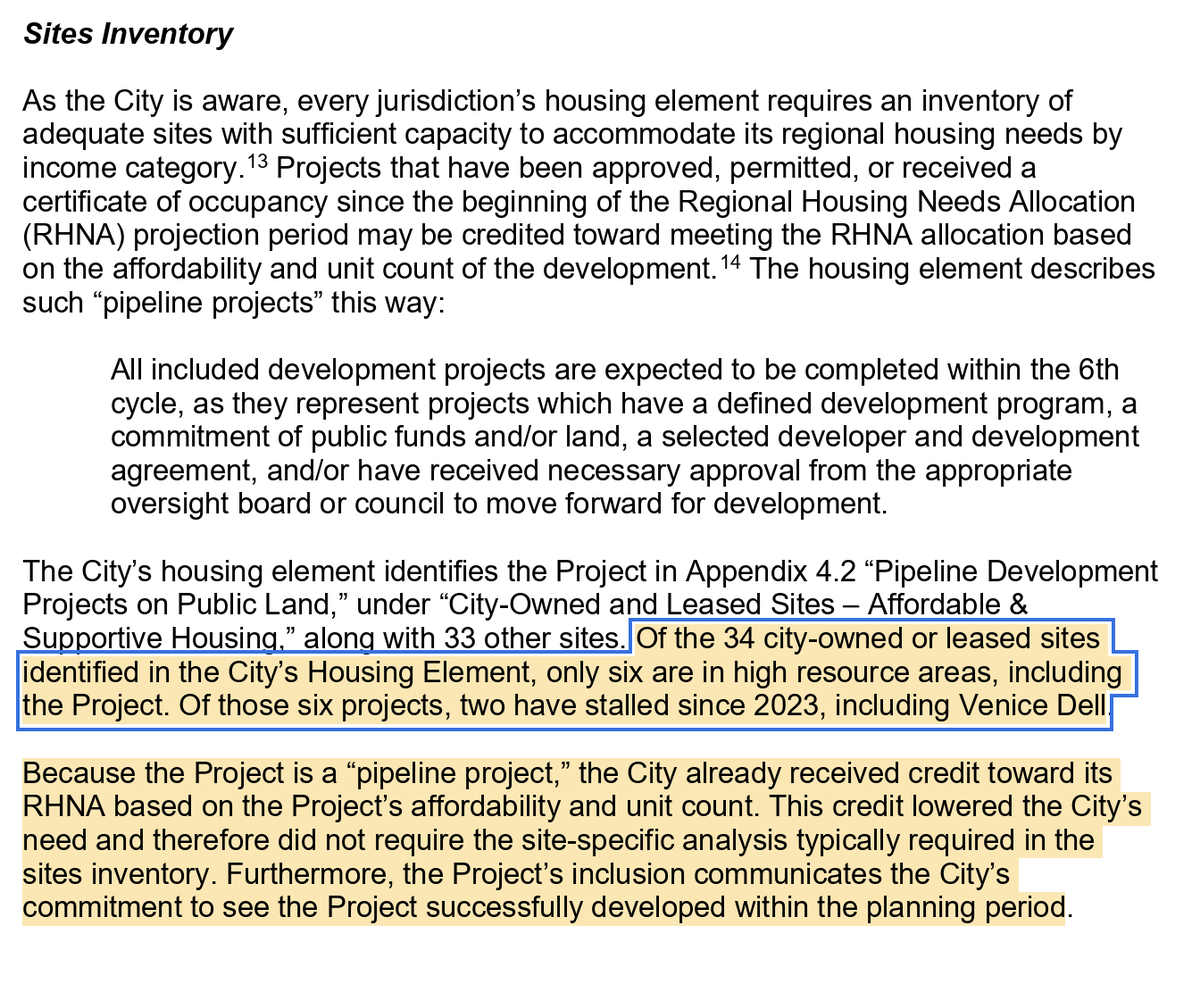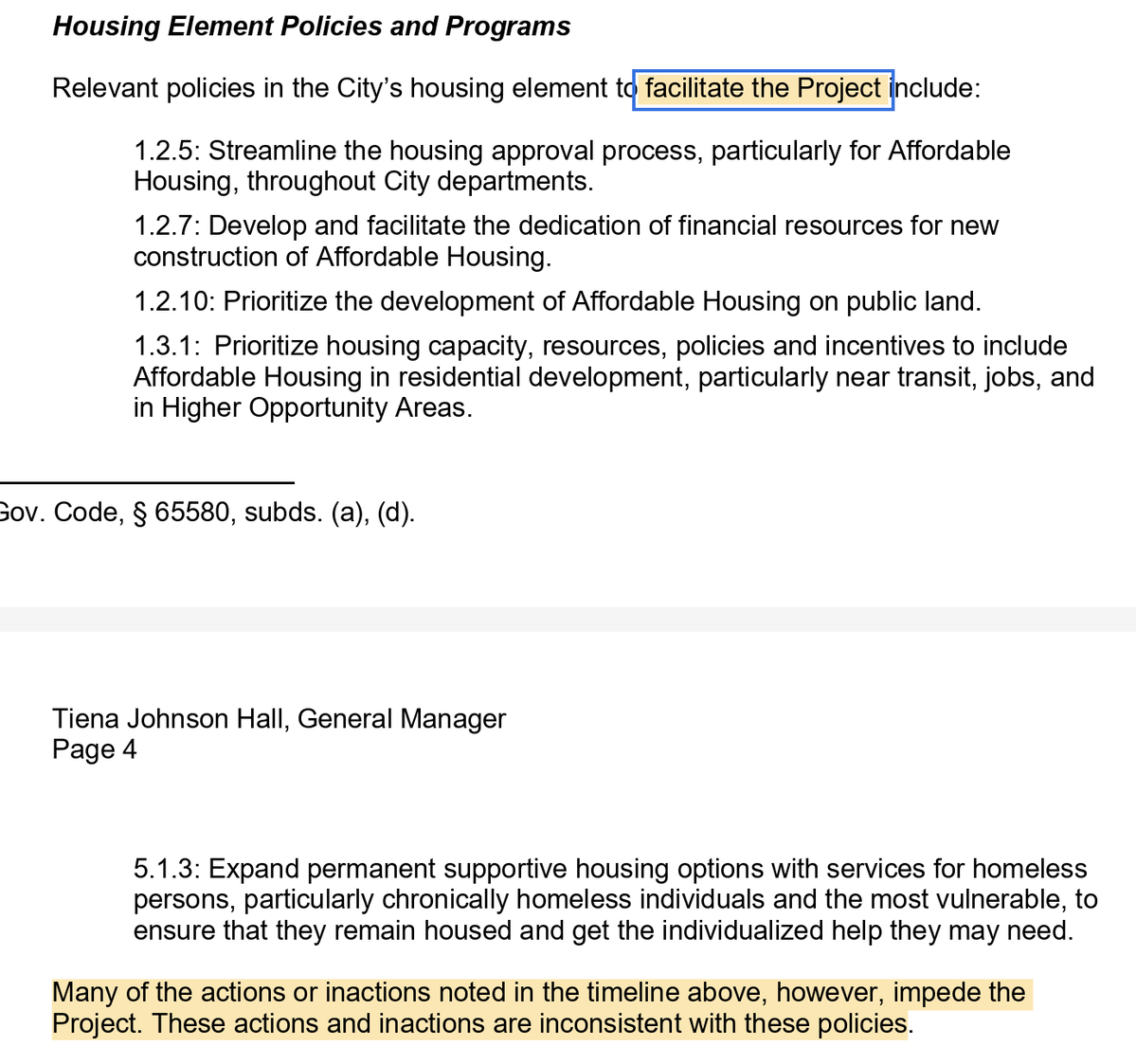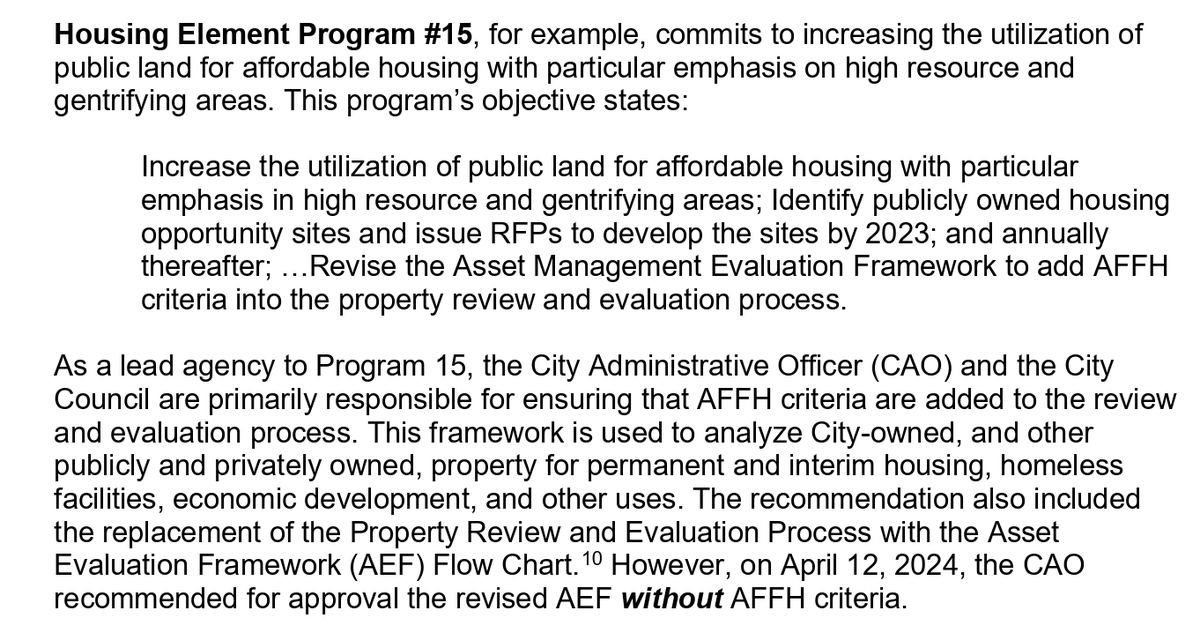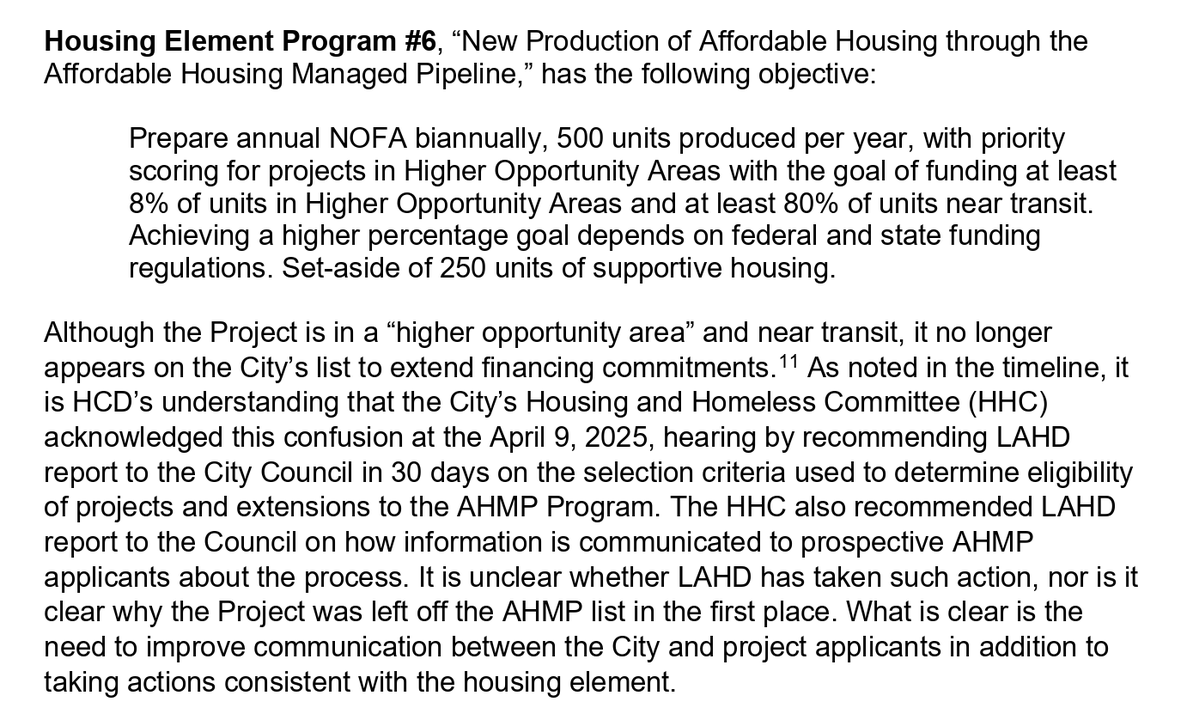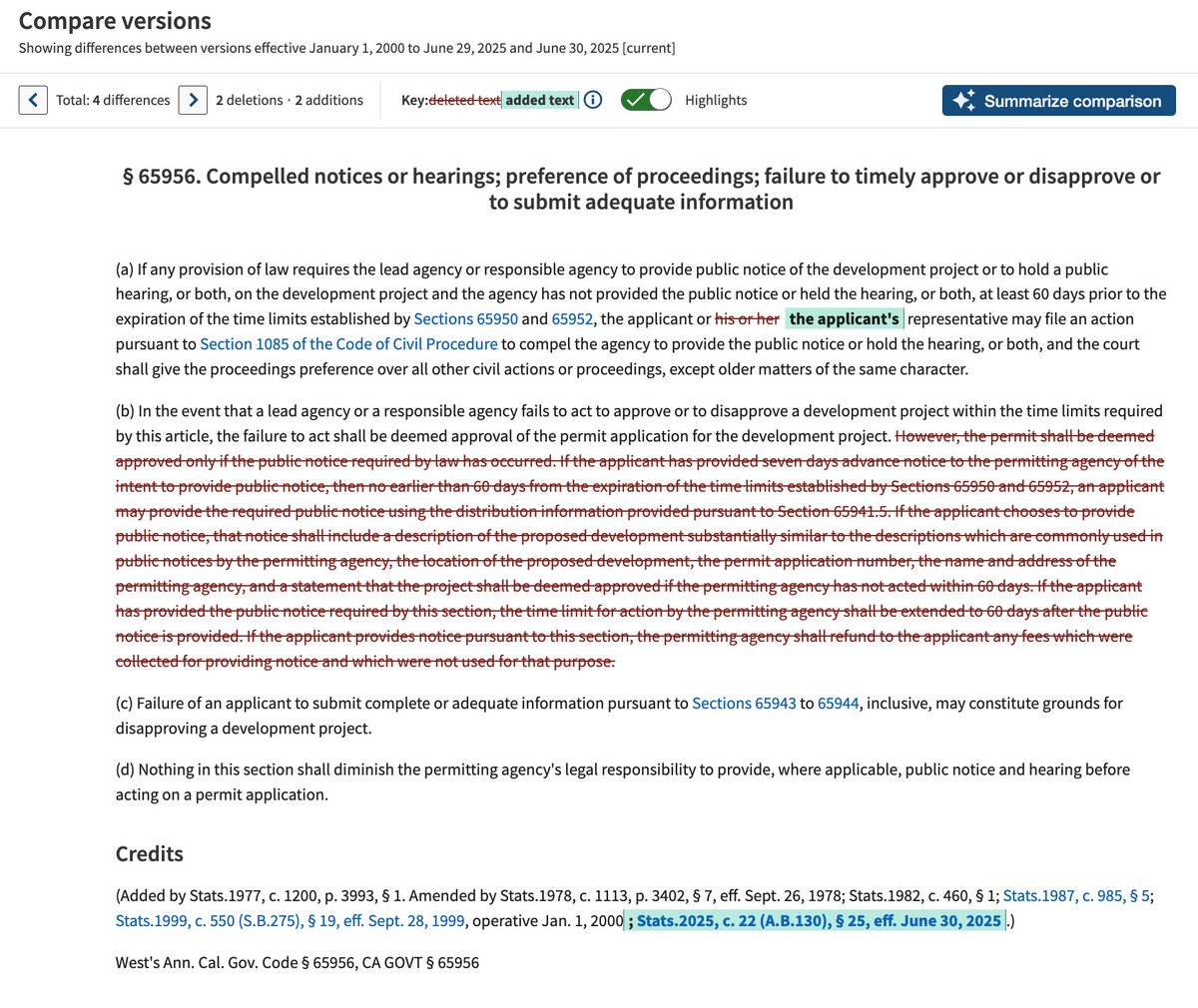Very pleased that my paper w/ @ClaytonNall & @stan_okl, "The Folk Economics of Housing," has been published in the excellent new JEP symposium on housing markets. ⤵️
🧵/10.
🧵/10.

link:
The tl,dr is that housing supply skepticism--which we operationalize as the belief that a large, positive, exogenous regional supply shock would not reduce home prices / rents locally--is pervasive, distinctive to housing, but weakly held.
/2 aeaweb.org/articles?id=10…
The tl,dr is that housing supply skepticism--which we operationalize as the belief that a large, positive, exogenous regional supply shock would not reduce home prices / rents locally--is pervasive, distinctive to housing, but weakly held.
/2 aeaweb.org/articles?id=10…

People give more internally inconsistent answers, within and across surveys, to questions about the price effects of housing supply shocks than to questions about other economic shocks / beliefs.
/3
/3

By contrast, people have pretty stable views about which actors are most responsible for high housing prices--namely, developers and landlords.
/4

/4


So, while nearly all renters and even a majority of homeowners say they'd prefer lower housing prices in their city, the mass public's lack of conviction that more supply would help--and their eagerness to blame developers & landlords--means...
/5
/5

...that there's less of a mass constituency for supply-expanding policies than for policies like rent control and inclusionary zoning that stick it to landlords and developers.
/6
/6

For a great writeup of the JEP symposium, check out @AA_Millsap's column in @Forbes,
/7forbes.com/sites/adammill…
/7forbes.com/sites/adammill…
And for more of my work w/ @ClaytonNall & @stan_okl on the mass public's housing-policy preferences and their connection to economic beliefs, check out these papers:
- papers.ssrn.com/sol3/papers.cf…
- nowpublishers.com/article/Detail…
/8

- papers.ssrn.com/sol3/papers.cf…
- nowpublishers.com/article/Detail…
/8


For folks who want to dig deeper, our JEP paper comes w/ a 100-page online appendix (aeaweb.org/content/file?i…) & a replication package w/ codebook (openicpsr.org/openicpsr/proj…) for four surveys in which we investigated loads of potential explanations for housing supply skepticism.
/9
/9
Big thanks to @TimothyTTaylor, @ProfJAParker & @heidilwilliams_ for inviting our participation in JEP's housing-markets symposium and for their terrific feedback on the paper!
/end
/end
@threadreaderapp unroll
• • •
Missing some Tweet in this thread? You can try to
force a refresh


